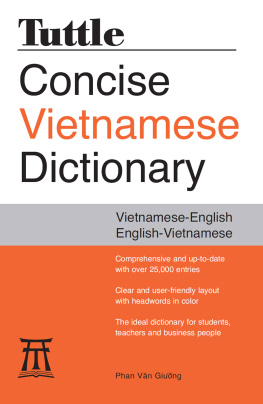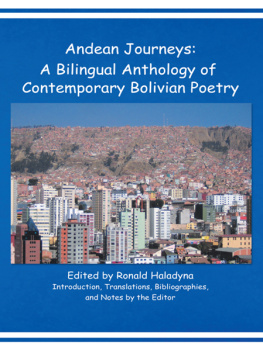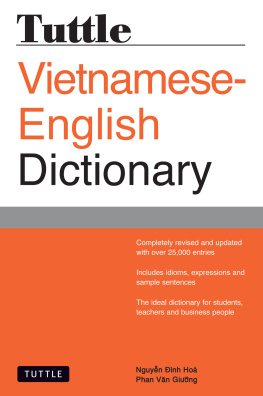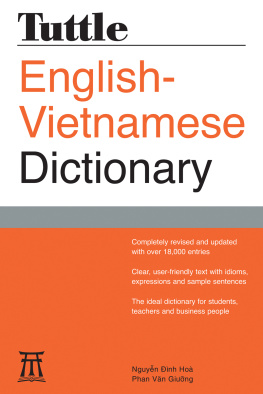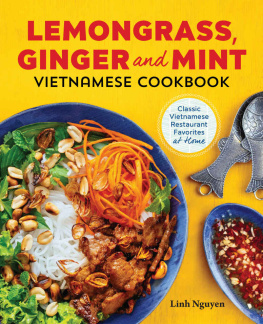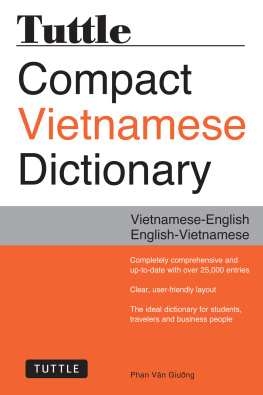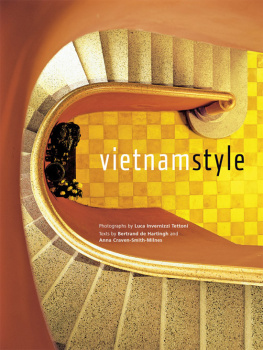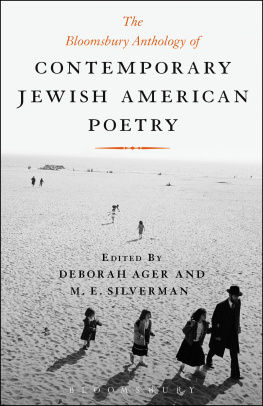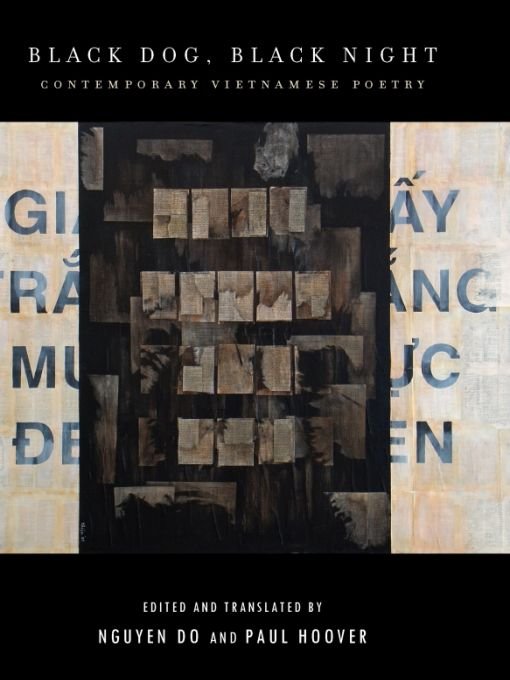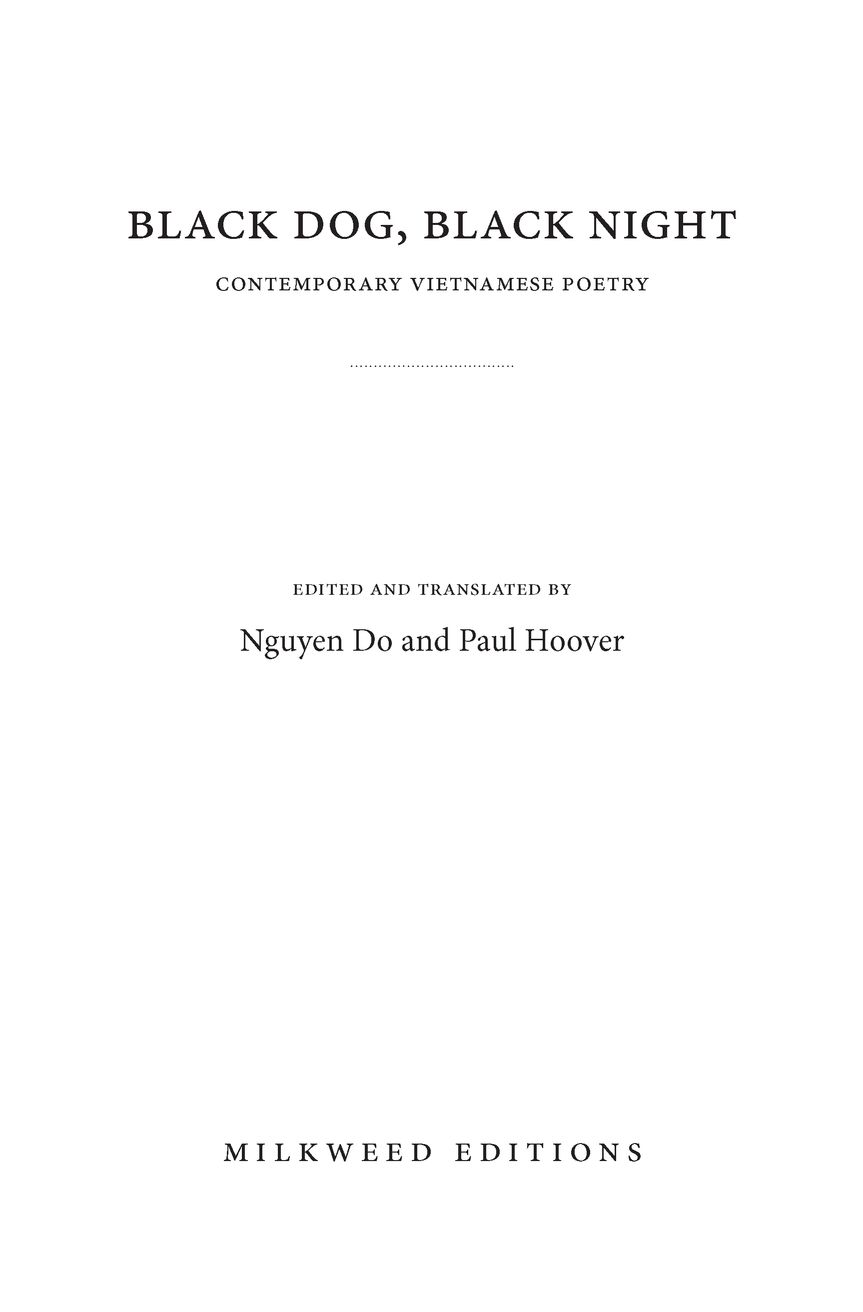Table of Contents
ALSO BY PAUL HOOVER
Books
Edge and Fold (poetry), Berkeley: Apogee Press, 2006.
Poems in Spanish (poetry), Albany, CA: Omnidawn Press, 2005.
Fables of Representation (essays), Ann Arbor:
University of Michigan Press, 2004.
Winter (Mirror) (poetry), Chicago: Flood Editions, 2002.
Rehearsal in Black (poetry), Cambridge, England: Salt Publications, 2001.
Totem and Shadow: New & Selected Poems,
Jersey City: Talisman House, 1999.
Viridian (poetry), Athens, GA: University of Georgia Press, 1997.
The Novel: A Poem, New York: New Directions, 1990.
Saigon, Illinois (novel), New York: Vintage Contemporaries, 1988.
Idea (poetry), Great Barrington, MA: The Figures, 1987.
Nervous Songs (poetry), Seattle: LEpervier Press, 1986.
Somebody Talks a Lot (poetry), Chicago: The Yellow Press, 1983.
Letter to Einstein Beginning Dear Albert (poetry),
Chicago: The Yellow Press, 1979.
Publications Edited
Postmodern American Poetry: A Norton Anthology,
New York: W. W. Norton, 1994.
New American Writing (literary magazine),
Chicago: OINK! Press, 1987 to present.
Translations
33 Poems of Nguyen Trai, edited and translated with
Nguyen Do. Ho Chi Minh City: Saigon Culture.
Selected Poems of Friedrich Hlderlin, edited and translated
with Maxine Chernoff.
CONTEMPORARY VIETNAMESE POETRY: INVISIBILITY AND THE NEW HORIZON
Nguyen Do
When I left my country to live in the United States to study English, my fellow poets asked when I would return. I smiled: I would be back, but not until I was able to translate my own poetry and that of other Vietnamese poets into English. Now that possibilitya new horizonis becoming reality, but not only for me; a new horizon also appears for my cotranslator, the poet Paul Hoover. Not long after I visited him and his wife, poet Maxine Chernoff, in their home, and read his anthology Postmodern American Poetry, I also read the controversial diary of Vietnamese poet Tran Dan. These events prompted me to write a poem in English, which I sent to Paul for editing help. The result made me enthusiastic and confident of our ability to work together. Why not make my dream come true by translating Vietnamese poetry into English with Paul, as long as he was willing?
Since the Renovation Movement began in Vietnam in 1989, some Vietnamese poetry has been translated into English. But whose work was being translated, and for what audience? Almost all the poems translated until now were written by government insiders such as Pham Tien Duat, Huu Thinh, Nguyen Duy, and Nguyen Quang Thieu who, deemed veterans, have had the privilege to meet with US authors at the William Joiner Center in Boston, where translation and anthology projects between Vietnam-American War veterans on both sides are encouraged and conceived. Though some of the poets welcomed at the center, including Y Nhi, Nguyen Quang Thieu, and Xuan Quynh, were not veterans, several important Vietnamese poets who were veterans, such as Dang Dinh Hung, Van Cao, Tran Dan, Huu Loan, Hong Cam, and Thanh Thao, have never been invited. Moreover, many other poets who have produced some of the most important contemporary Vietnamese poetrynew voices and especially new styleshave not yet received any recognition or benefits from the government. These poetsHong Hung, Nguyen Do, and Nhat Le among othersare not veterans, nor are they members of the Vietnamese Writers Association. Barely able to publish in their own country, these outside poets have little chance for foreign recognition unless they do the translation work themselves.
In the United States, the concept of the literary outsider is well known, popularized by the Beats. For contemporary Vietnamese outsider poets, the road is similar but, unfortunately, harsher, with the innovative outsiders forced to struggle to survive in a literary landscape dominated by the more traditional insiders.
Legislated Poetry and Vietnamese Tradition
One day Xuan Dieu (1926-1986), one of the greatest Vietnamese lyric poets, asked a young poet who worked in the Department of Forestry if he knew why Vietnam had been experiencing such great flooding. Not waiting for the answer, Xuan Dieu said, Because Vietnam has too many poets so they cut too many trees to produce paper for printing poetry. Therefore, its effect is to imbalance nature, causing flooding! Its not just a joke; its the reality of Vietnamese poetry and its production.
Poetry has a very important position in Vietnamese tradition. All ceremonies, from funerals to weddings, from folklore festivals to political meetings, begin with poetry. From the factories to the rice fields, from the walls of schools to those of warehouses, everyone can be a poetsoldiers, farmers, the most destitute, and the most powerful national leaders, such as the General Secretary of the Communist Party. In Vietnam, literature (poetry and prose) has its own administrative department comparable to the national legislature, from the national Vietnamese Writers Association down to its branches in cities and provinces and its bureaus of instruction. Poets who work in these bureaus are paid, like any other government officer, according to their rank. Those who do not serve as officers but are members of the Writers Association are subsidized, receive benefits, and have much more opportunity to publish their works than nonmembers. They are also more likely to win many national and local awards. When the government subsidizes poets, the poets may try to produce works consistent with the governments practices and beliefs. Poetry becomes a national chorus of voices singing the same tune. The situation is comparable to Alexander Popes The Dunciad:
In merry old England it once was a rule,
The King had his Poet, and also his Fool:
But now were so frugal, Id have you to know it,
That Cibber can serve both for Fool and for Poet
Contemporary Vietnamese poetry is less rigid than it used to be. However, the long-held doctrine of socialist realism in literature still requires that one pray rather than complain as a writer. Overseen by the poet To Huu (1920-2004), the practice of socialist realism has dominated for more than a half century and is in part responsible for the insider dilemma described above. Poets were limited to a uniform structurea combination of the governments mission and what poets pretended to be their own opinionand three styles: folk poetry, lyric poetry emerging from nineteenth-century romanticism, and a blend of the two. Before 1989, the system held to two firm rules:
First, in all works of literature, socialists were to always win, never lose. Optimism was required. Poets were to write about life, not death. No criticisms were allowed unless the heads of state wanted them printed. All poems containing these prohibited factors were to be destroyedfor example, Huu Loans The Purple Color of Sim Flowers, Quang Dungs Moving forward to the West, Van Caos Five Unreal Mornings and The Garbage Wagon Passing over Da Lac Street, Hong Cams The Other Side of Duong River and Dieu Bong Leaf, and, later in the Vietnam War, Thanh Thaos A Soldier Speaks of His Generation. Such suppression became especially strong when the Nhan Van (Humanities) group of writers appeared. Including Tran Dan, Le Dat, Hong Cam, Phung Quan, Huu Loan, Dang Dinh Hung, Van Cao, and others, Nhan Van members publicly expressed their alarm at the circumstances of Vietnamese writers. Unfortunately, a ruthless suppression followed, and what began as a great movement toward freedom of speech and the press in Vietnam was destroyed. Writers involved were purged from the Writers Association and imprisoned in reform camps. Perhaps worst of all, they were forbidden from publishing their work for more than thirty years.


